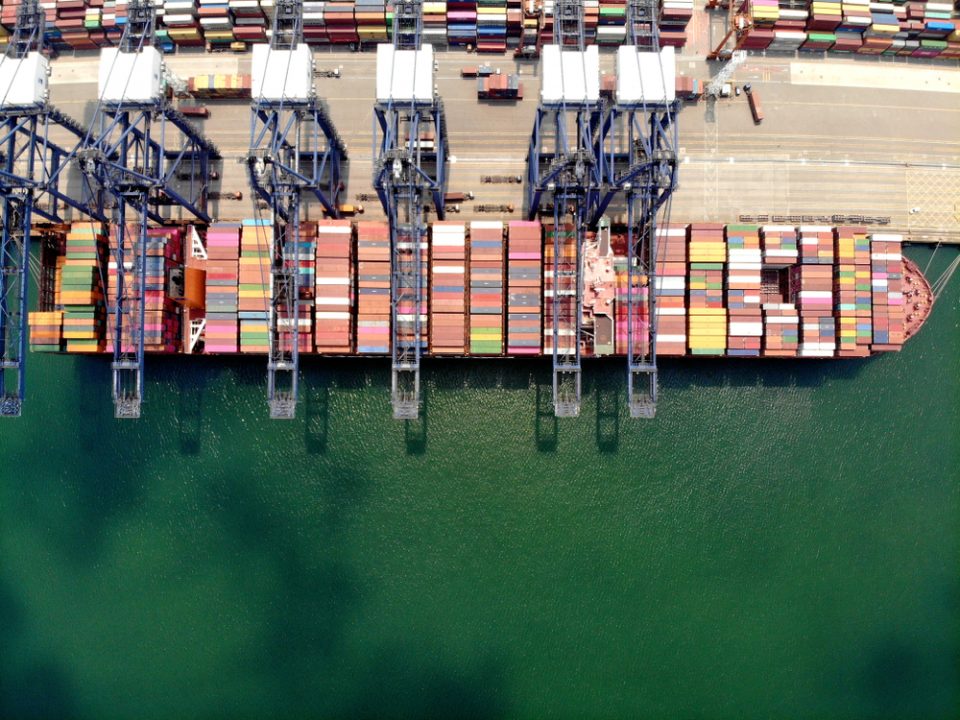
How To Ship Oversized Cargo
November 22, 2020
How The Yantian Port Closure Is Creating Shipping Congestion
June 21, 2021As freight forwarders, we consistently have to focus on the international landscape as it relates to trade. Whether that means focusing on tariff changes between the United States and China, staying aware of storms in the pacific ocean, or tracking how different holidays in countries create potential backlogs, we are always focusing on the short and long-term effects of international changes. Brexit has been a unique story to follow. Additionally, COVID-19 has compounded on issues for the UK. Between the need to ship the vaccine from the UK and new strains of the virus appearing in the UK there is monumentally increased congestion around the UK.
How Brexit Has Affected Trade So Far
Brexit is an extremely complex and consistently challenging issue. The timeline alone has caused many fluctuations in international trade. In March of 2017 the Prime Minister officially began a two-year countdown for England to leave the European Union by March of 2019. However, the date was delayed to June of 2019 which led to even more pushes. Eventually, in January of 2020, England officially left the European Union, but before things could settle, the COVID-19 pandemic placed a lot of international dealings on hold as the entire world had to adjust and respond to this global crisis. Now at the end of 2020 it is expected that the effects of Brexit will continue to complicate international shipping in the new year.
Issues With International Shipments with the UK
There is already a limited air freight capacity in the UK. As vaccine distribution takes center stage, it is likely that the UK will see even greater holds on other imports and exports. Additionally, the United Kingdom is still feeling the effects of factory closures that began in the first quarter of 2020. The Far East Westbound (FEWB) ocean freight trade lane has seen 150% increases in their spot rate. This trade lane is a major trade route between Europe and Asia. Due to all of this congestion, some carriers are avoiding UK ports altogether and going straight to other European ports. This means shipments headed to the UK from America, Africa, or Asia have to be forwarded through another European country. This is causing delays in shipments as well as increases in shipping costs.
How To Adapt To UK Shipping Problems
As with all international shipping issues, the key to responding to these problems is to be flexible. With the help from an experienced freight forwarder, you can find alternate shipping routes (if you are not shipping through the UK) to avoid the spot rate increase in the FEWB. You will likely also need to adjust to longer lead times as Europe handles the distribution of the COVID-19 vaccine.
Work With Bruning International
For help with your international shipping strategy in 2021, contact Bruning International for quotes and for answers to any of your international shipping questions.





